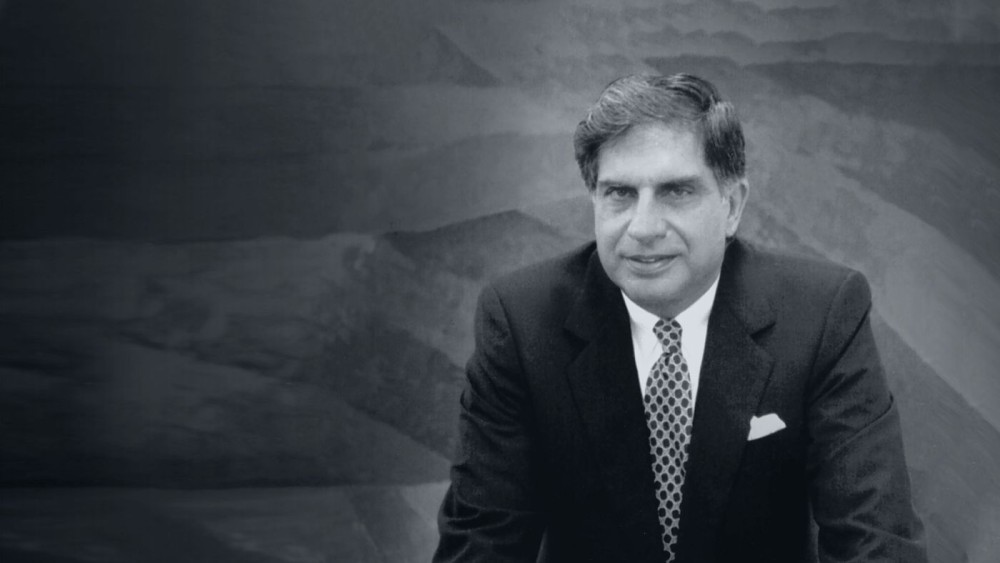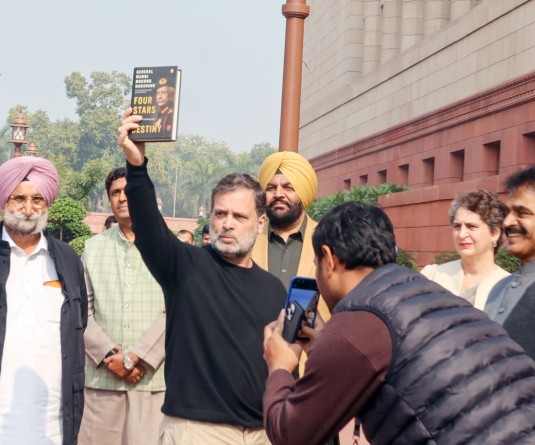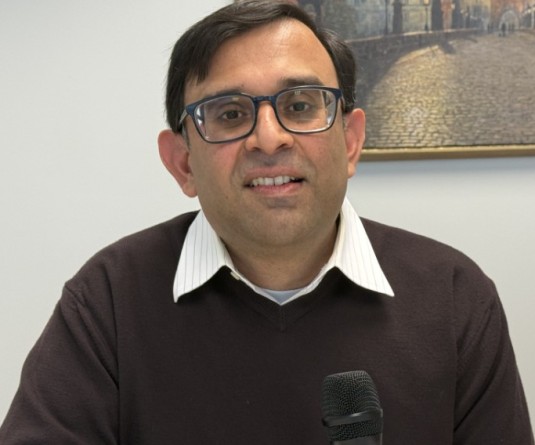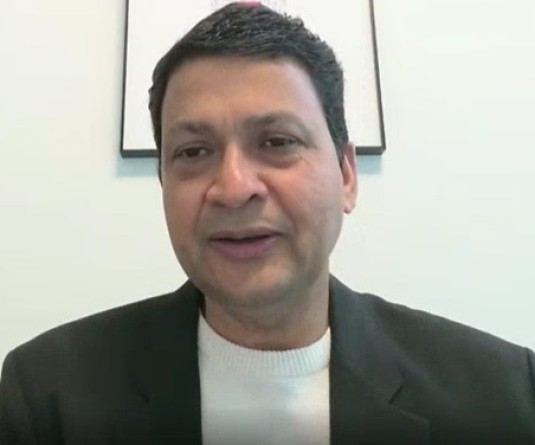IANS (Image Courtesy: https://www.tata.com/)

New Delhi, October 9 (IANS) It’s not about taking the right decision, but about making the decision right. These powerful words by late Ratan Tata continue to inspire millions across India. As the country marked his first death anniversary on Thursday, his values of integrity, humility, and innovation remain deeply rooted in the country's business and social fabric.
Ratan Tata, who passed away on October 9, 2024, was not just a business leader but a symbol of ethical leadership.
As former chairman of Tata Sons, he transformed the Tata Group into a global powerhouse while staying true to the principles of trust and social responsibility.
However, a year after his death, the group he built with care and vision is facing internal challenges.
Tata Trusts -- the charitable arm that controls about 66 per cent of Tata Sons -- has been mired in internal disagreements.
The dispute reportedly involves board appointments and governance matters, creating two factions: one led by Noel Tata and another by four trustees close to Mehli Mistry, who is associated with the Shapoorji Pallonji family.
This internal rift became visible after the controversy surrounding the reappointment of Vijay Singh to the Tata Sons board, which was rejected.
The issue later led to Singh’s voluntary resignation. Reports suggest that the infighting could impact the functioning of the $180 billion conglomerate.
There is even speculation that the government might step in to safeguard the group’s legacy.
In the meantime, shares of Tata Group companies have declined by over Rs. 7 lakh crore in market value or 21 per cent over the past year after the passing of the group's patriarch. The market capitalisation of the group’s 23 listed firms decreased to approximately Rs 26.39 lakh crore, down from Rs 33.57 lakh crore a year ago.
Despite these developments, Ratan Tata’s vision continues to guide the Tata Group and Indian business at large.
Born in 1937 to Naval and Sooni Tata, he grew up under the care of his grandmother, Lady Navajbai Tata, after his parents’ separation.
After studying engineering at Cornell University and completing a management program at Harvard Business School, Tata joined the family business in 1962.
He became chairman of Tata Sons in 1991, ushering in a new era of expansion and innovation.
Under his leadership, the Tata Group ventured into new sectors like telecom and automobiles.
He launched India’s first indigenous car, the Tata Indica, and later the Nano, which became the world’s most affordable car.
He also introduced the Ginger hotel chain and oversaw more than 60 global acquisitions, including iconic names like Jaguar Land Rover and Tetley Tea.
Another landmark move during his tenure was taking Tata Consultancy Services (TCS) public, cementing its place as India’s most valuable company.
Even outside the corporate world, Ratan Tata’s influence was remarkable. Awarded the Padma Vibhushan in 2008, he dedicated much of his life to philanthropy.
Through Tata Trusts, he helped improve healthcare, education, and rural development. His contributions led to the creation of advanced cancer care centres and India’s largest tertiary care facility for small animals in Mumbai.
Even after retirement, Tata remained active in mentoring startups and young entrepreneurs.
Ratan Tata’s life and work exemplified a rare combination of business excellence and compassion. A year after his passing, his legacy stands as a reminder that leadership is not about power or profit, but about purpose and humanity -- values that India continues to celebrate and strive for.






